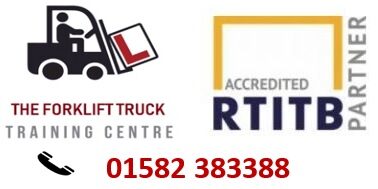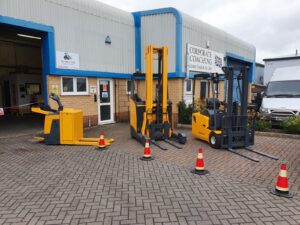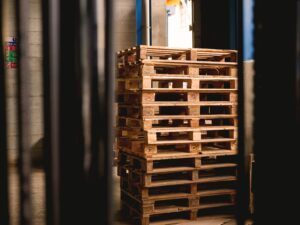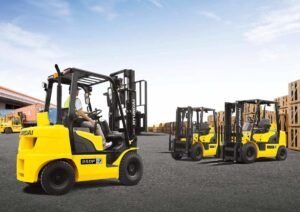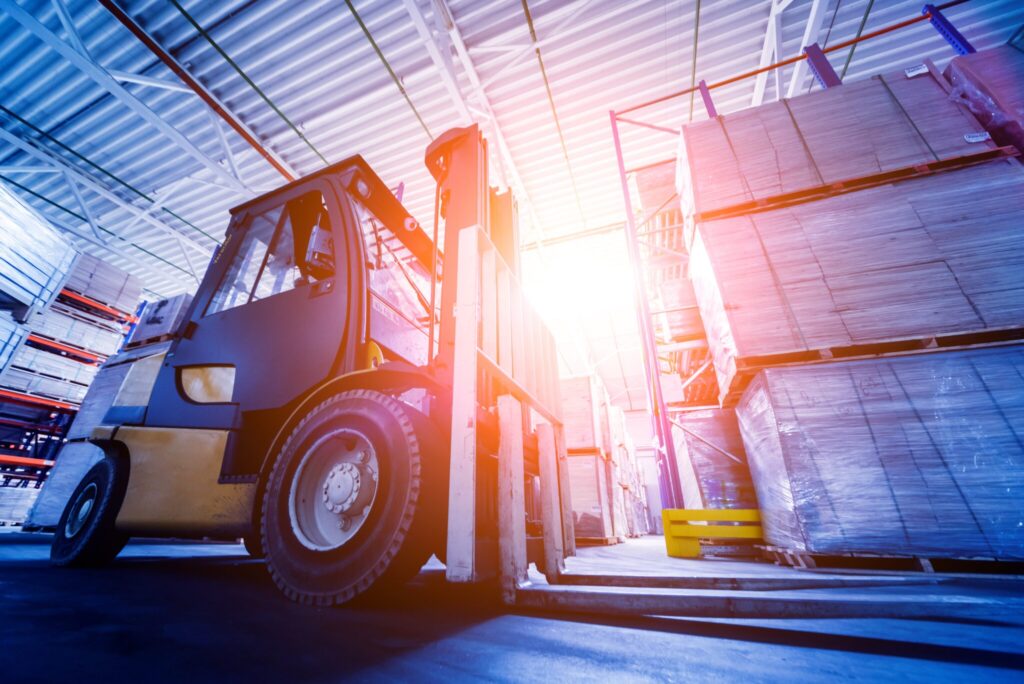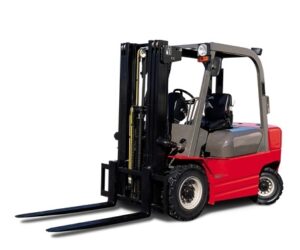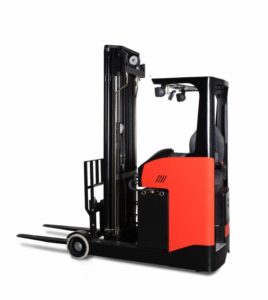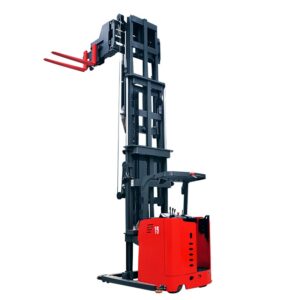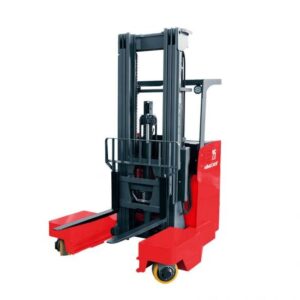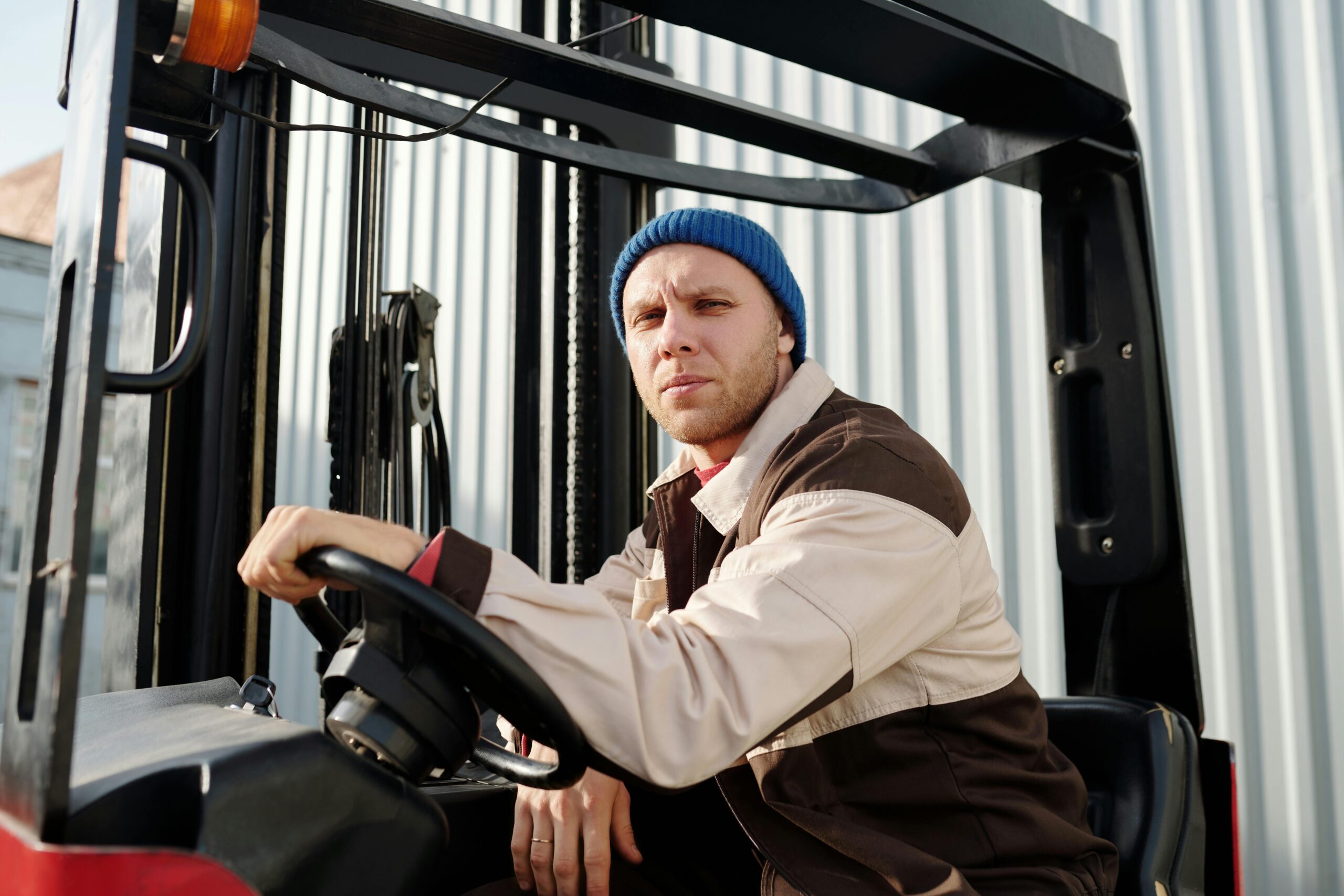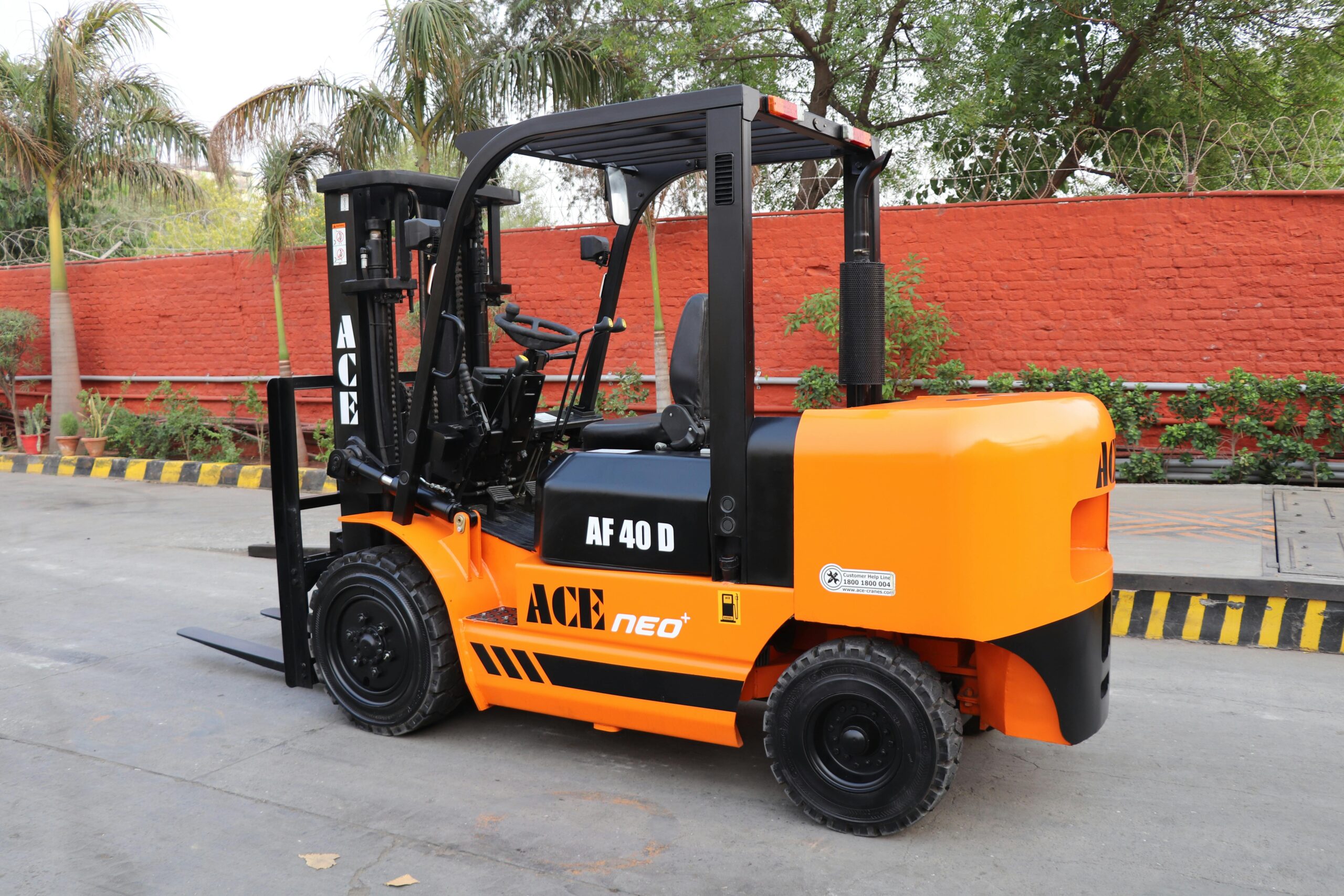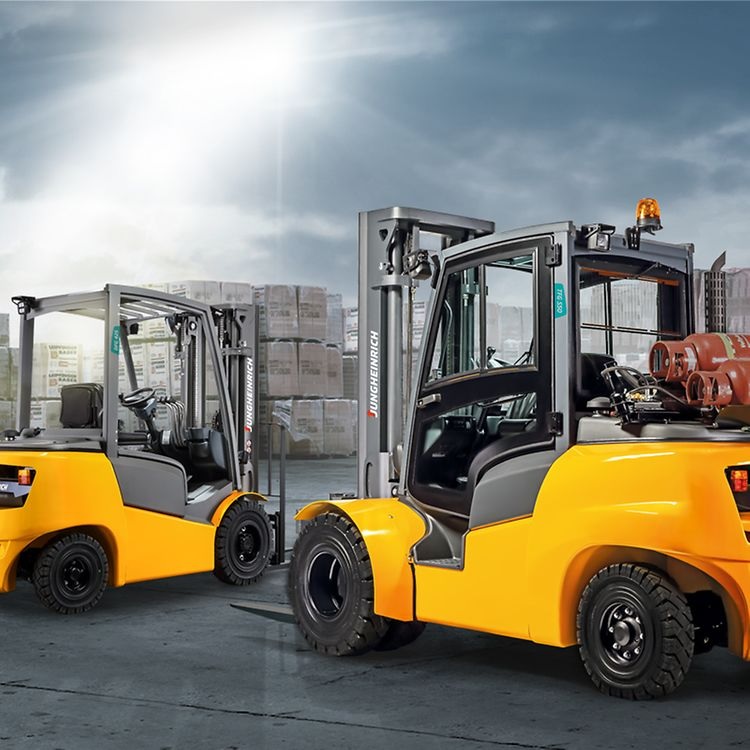It cannot be overestimated – the impact of a well-maintained forklift on overall productivity and safety is significant. Here are three key tips to extend the life of your forklift:
Regular Maintenance: Consistent check-ups ensure the longevity of machinery. Schedule routine inspections to catch potential issues early. According to the UK Health and Safety Executive, poorly maintained forklifts are a leading cause of workplace accidents. By dedicating time and resources to regular maintenance, you can prevent small problems from becoming major, costly repairs.
Proper Training: Ensure your operators are well-trained. A well-informed driver can operate a forklift more efficiently and safely, reducing wear and tear. This not only extends the life of the equipment but also minimises the risk of costly mishaps. Investing in comprehensive training programs can pay dividends in the long run (so give us a call!)
Quality Parts: Invest in high-quality replacement parts. It might be tempting to save a few pounds upfront, but using subpar components can lead to higher long-term costs due to frequent breakdowns and replacements.
A small investment in maintenance can result in significant savings and a safer workplace. By prioritising regular checks, proper training for operators, and using high-quality parts, we can extend the lifecycle of this critical asset while enhancing overall workplace safety and efficiency.
For more information about our forklift training or to book your place, contact 01582 383388 or office@wetrainflt.co.uk
